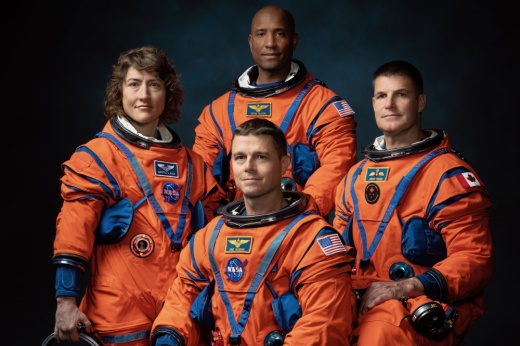What you need to know
The decision to delay the mission, which will take a crew of four astronauts around the moon, was made to ensure the safety of the crew, according to the release. Specifically, previous testing uncovered issues that will take additional time to fix. Those include:
- A battery issue
- Circuitry tied to air ventilation and temperature control
Diving in deeper
The delay will result in a further delay to Artemis III until September 2026, which will land astronauts for the first time near the lunar south pole, according to the release.
NASA officials are also reviewing the schedule for launching the first parts of the Gateway lunar space station, which was originally planned for October 2025, according to the release. Artemis IV, which is expected to come in 2028, will take astronauts to that new space station.
The context
The plan with the Artemis missions is to explore the moon and learn how to “live and work away from home,” according to the release. The work will also prepare for future human exploration of Mars.
The next three Artemis missions will follow Artemis I, which launched in November 2022 as an uncrewed mission that orbited the moon, according to NASA’s website.
What else?
The Greater Houston area has been opening its doors to space development and exploration in recent years—as the Houston Spaceport has recently welcomed several new businesses that will both be integral future space missions—as well as commercial space exploration.
Texas A&M University officials also recently announced plans to build a $200 million facility at the Johnson Space Center. The facility will include research in robotics and aeronautics, moon and Mars exploration, and support mission training.
Quote of note
Amit Kshatriya, deputy associate administrator of exploration systems development at NASA and manager of the agency’s Moon to Mars Program Office, said in the release the plans for Artemis lay the groundwork for future exploration, meaning “we must get it right.”
“Crew safety is and will remain our No. 1 priority,” Kshatriya said in the release.





